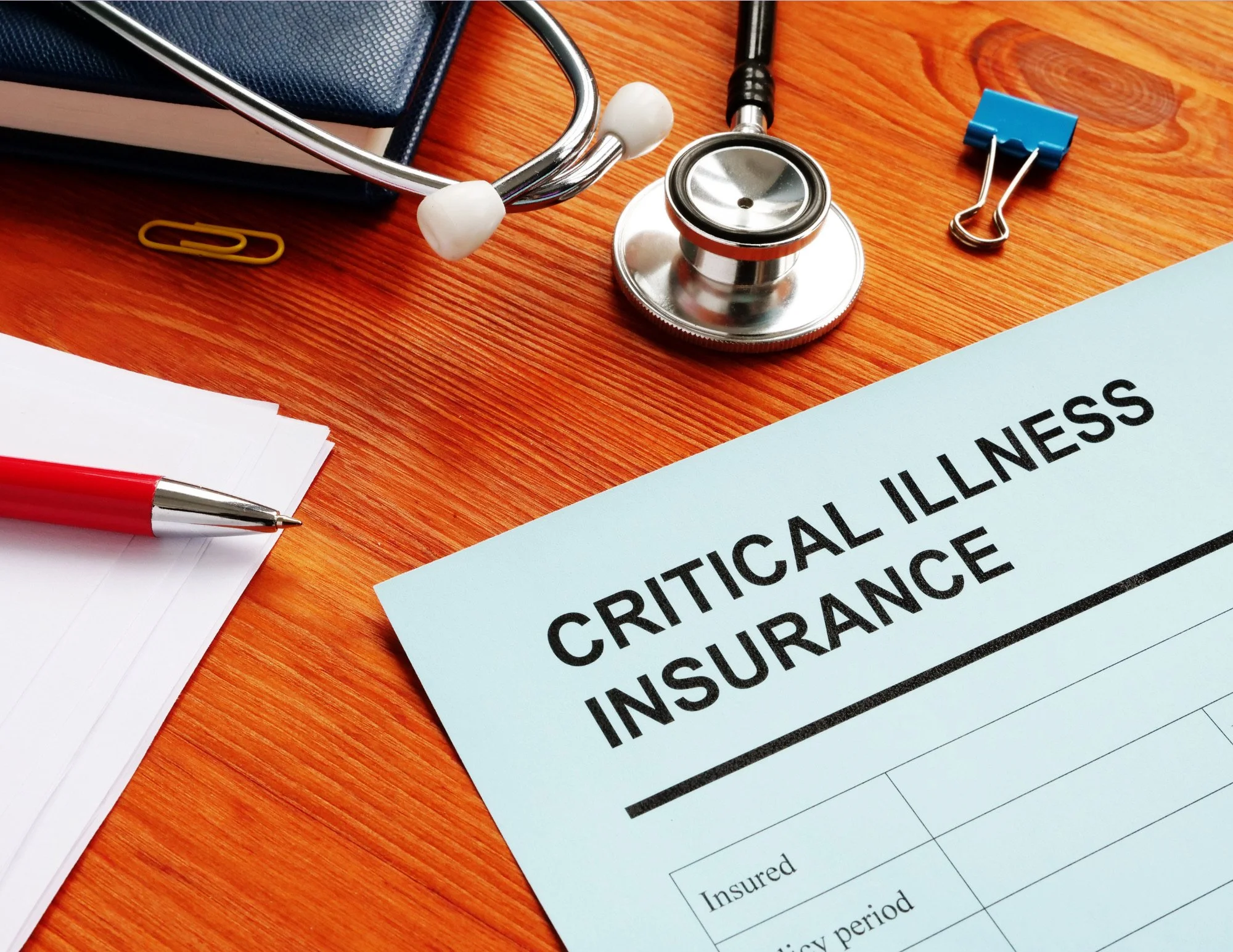
Supplemental insurance
We offer a range of stand-alone insurance plans designed to provide extra protection when unexpected health issues arise. Having this type of coverage can help reduce out-of-pocket costs and bring peace of mind when you need it most. As an independent agent, I’ll guide you in finding the plans that work for your current needs while also preparing for the future. These plans, sometimes referred to as ancillary benefits, are often overlooked, yet they can be an affordable way to strengthen your overall insurance strategy.
-

DENTAL
Dental insurance helps cover the cost of routine care and unexpected dental needs. Most plans provide benefits for preventive services like cleanings and exams, while also offering coverage for basic and major procedures such as fillings, extractions, or crowns. Having dental insurance can make regular care more affordable and help protect your overall health.
-

VISION
Vision insurance helps cover the cost of routine eye care and prescription eyewear. Most plans provide benefits for eye exams, lenses, and frames, and may also offer discounts on contact lenses or corrective surgery. This type of coverage can make maintaining healthy vision more affordable.
-

Cancer
Traditional medical insurance helps cover approved medical services, procedures, equipment, and prescription drugs by reimbursing providers or the insured. A Cancer Plan, on the other hand, pays a one-time, lump-sum benefit directly to you upon the initial diagnosis of a covered cancer. This benefit can be used however you choose — whether for medical costs, household expenses, travel, or other financial needs.
-

hospital indemnity
Hospital Indemnity insurance is a type of plan that pays you a fixed cash benefit when you’re confined to a hospital. These plans are often customizable, allowing you to choose benefit levels and options that fit your needs and budget. Payments are typically made per day (and sometimes per visit or stay) and can be used however you need — to help with deductibles, copays, travel, household bills, or other expenses during recovery.
-

critical illness
Critical illness insurance provides a lump-sum cash benefit if you’re diagnosed with a covered serious condition such as a heart attack, stroke, or cancer. The benefit can be used for medical expenses or any other financial needs, giving you added protection during life’s most challenging times.
-

accident insurance
Accident insurance pays a cash benefit directly to you if you’re injured in a covered accident. The benefit can be used however you choose — for medical expenses, transportation, household bills, or other needs while you recover. This coverage helps ease the financial burden of unexpected injuries.
